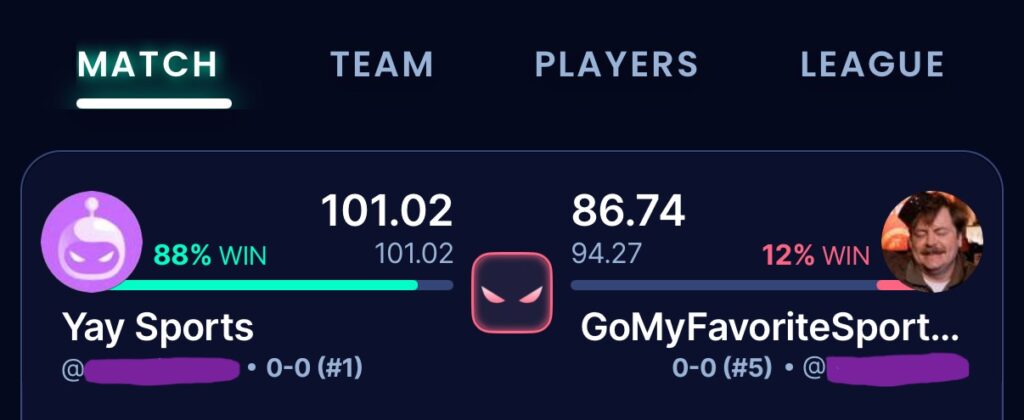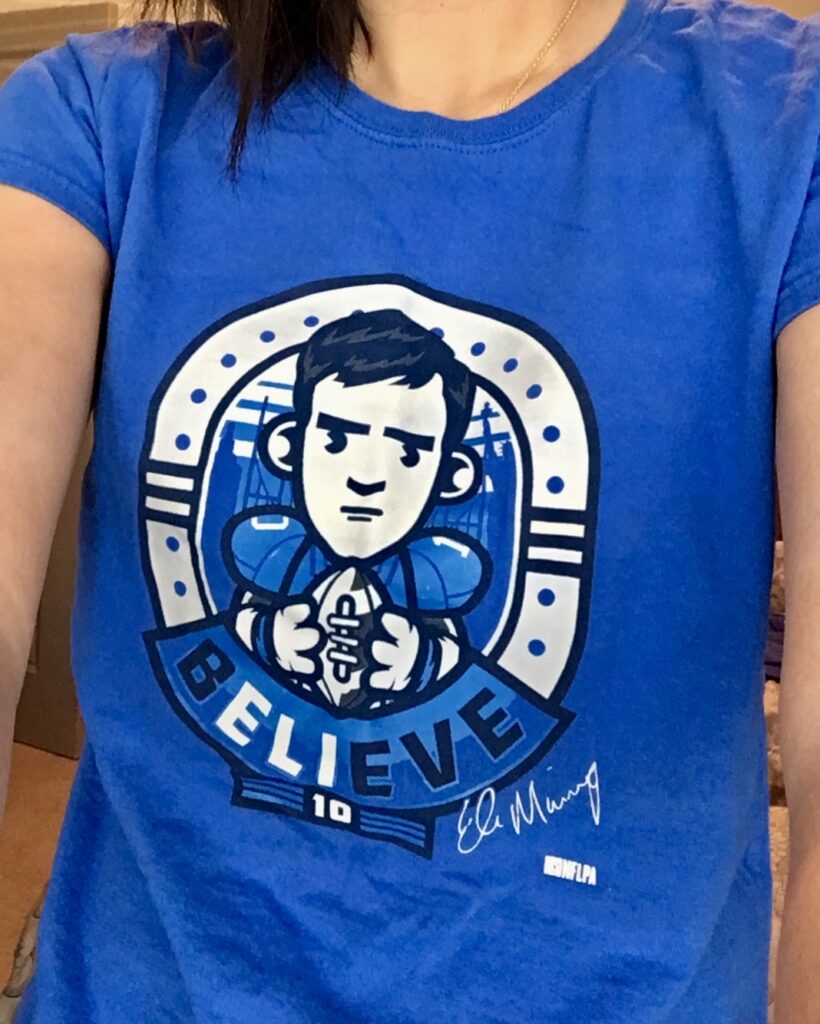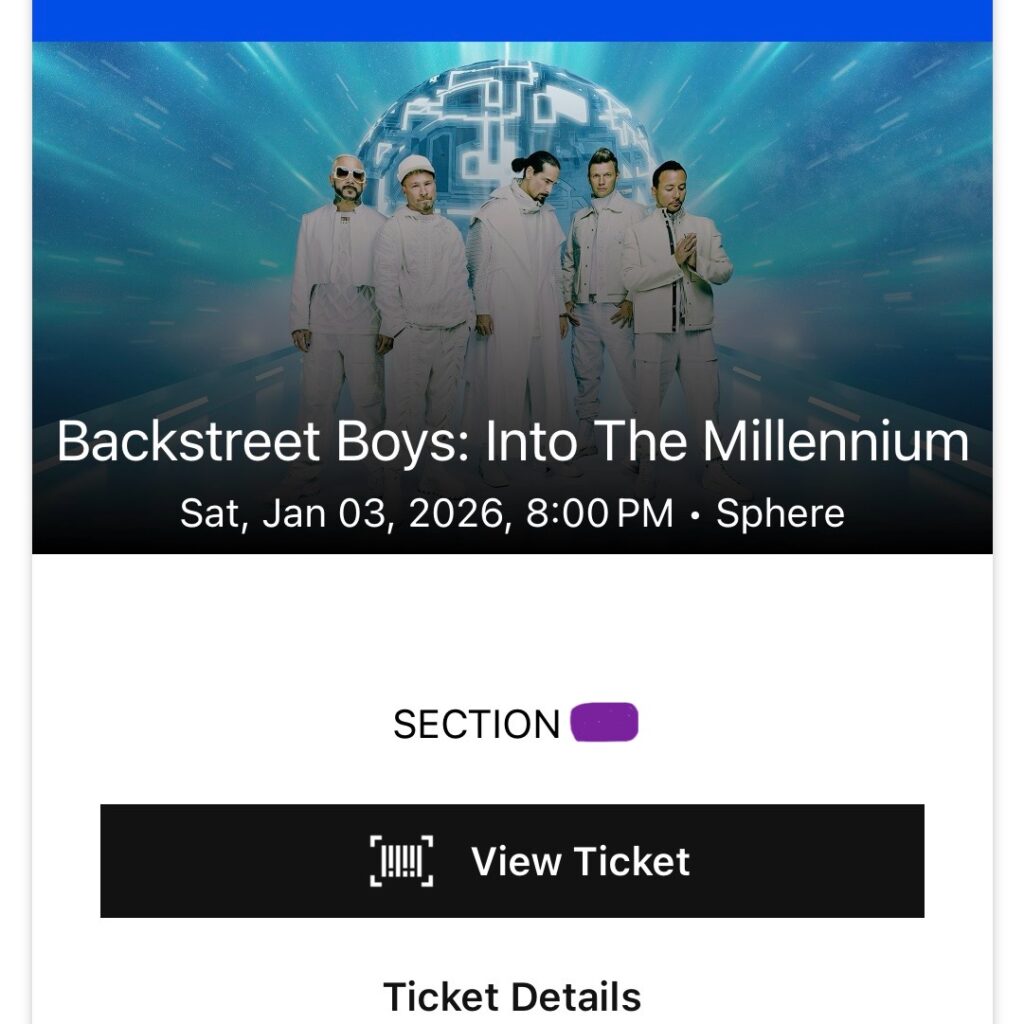Culture is a choice. Are we choosing the right things?
“Amanda, you’re on the clock.”
This, of course, is referring to… my work fantasy football draft.
Right now, I’m logging into my league app, checking scores and analysis articles, and debating waiver wire moves.
I’m not here to complain about fantasy football existing at work. I actually enjoy it. What I am interested in is the way fantasy football — and sports more broadly — gets treated as the default culture of the workplace.

Every fall, office Slack channels light up with draft chatter. Coworkers huddle around talking trades. Monday meetings start with a recap of Sunday’s games. If you don’t play, you’re suddenly outside the inside jokes. And if you don’t like sports at all, forget it: You’re missing not just the game, but a whole layer of office culture.
Sports are everywhere at work, even beyond the games themselves. Think about the metaphors we casually toss into meetings:
- We’ve got that project on deck
- This idea is a slam dunk
- Our sponsor team threw us a curveball
- That client is playing hardball
- We need to get this over the finish line
- Etc.
Admittedly, I use some of these phrases! I didn’t even realize so many of these common office phrases had a sports origin, until I sat down to think of them just now. They just snuck in and became part of my vocabulary. And that’s the point: They slip in unnoticed, reinforcing the idea that everyone should speak the language of sports. (Side note: There’s a TikTok creator, Ari Kraemer, who has started using makeup metaphors at work. “I mean, you’re skipping skin prep and are wondering why the results aren’t sticking.” Genius. Hilarious.)
Now compare that to other cultural moments. When the Met Gala rolls around, maybe you’ll find one coworker who wants to gossip about red carpet looks. The MTV Video Music Awards, just this past weekend? That’ll get a passing mention at best. When the new season of “Love is Blind” drops? You’ll get an eye roll and a “reality TV is stupid” or “not everyone watches that.” (Side note #2: Sports is literally reality TV for men. The cast of characters! The cliffhangers every Sunday! The physical altercations! The DRAMA! I will die on this hill.)

Sports, which are overwhelmingly coded male in American culture, are treated as neutral, universal, and worth organizing entire office rituals around. But pop culture, award shows, and reality TV — often coded feminine, queer, and/or niche — are treated as side interests. Optional, and not central to workplace culture.
Fantasy football leagues and March Madness brackets aren’t bad. They’re fun! They bring people together. They spark connection across levels and departments. The problem is that they’re assumed to be the default, the thing everyone will get, while everything else is treated as a special interest.
I know this firsthand. I wanted to be part of the group. I learned how to play fantasy football, and participated in Superbowl Squares, and speed-ran learning who’s who in the NCAA, because I wanted to participate. They say fake it til you make it, and I sure faked it during my fantasy draft this year. Now I understand just enough to be dangerous, where I can jump into the shit-talking, use the metaphors, keep up with league standings, and maybe even win some of these games. But I can also feel how uneven the playing field is. My pop culture references, the things the typical American man in the workplace doesn’t care about, don’t carry the same weight. I don’t see Slack channels lighting up over the Backstreet Boys Las Vegas residency. I don’t see brackets being made for Best Picture nominees.

This isn’t just about what we do for fun at work, but it’s what got me thinking. This observation is broader than the workplace. It’s about who gets to set the cultural baseline. When men’s hobbies and interests are positioned as the norm, it sends a subtle but powerful message about who belongs and whose culture is secondary. I witnessed SO. MUCH. COMPLAINING by men (and women too, but a whole lot of men) who think Taylor Swift’s engagement to Travis Kelce is stupid, a publicity stunt, “who even cares, can’t I just enjoy football?” When Taylor Swift shows up on NFL broadcasts, men groan that it’s ruining the game. But women have had to learn who’s still in the running for the World Series or which quarterback is out with an injury just to keep up at work. Isn’t it interesting how one is seen as an intrusion and the other is just… culture.
What’s fascinating about all of this is that sports themselves are not inherently universal. They just get treated that way. We’ve decided as a society that the Final Four is more culturally relevant than the season finale of “Love Island”, even though both reach millions. We’ve decided that Monday morning quarterbacking belongs in the office, but Monday morning red carpet reviews do not.
That choice is not neutral. It’s about power, history, and whose interests have long been centered in the public sphere.
I’m not suggesting we all stop filling out brackets or shut down fantasy leagues. Like I said, I enjoy them. But I do think it’s worth noticing what we’re elevating as “for everyone” and what we’re dismissing as “just for some.” Why is it cool to like sports but uncool to like boy bands? Why are we trained to adapt to the world of straight men’s interests, while their participation in ours is optional?
What if the baseline wasn’t only men’s interests? What if the Oscars pool got as much energy as March Madness? What if office-wide chatter included not just the touchdown highlights, but the VMAs performances (Lady Gaga frickin SLAYED) or the latest episode of a hit reality show? What if we treated pop culture, in all its diversity, as culture — not niche, not extra, not optional, but just as valid as sports?
What this thought exercise made me realize is: Culture is a choice, and I’m intentionally taking up more space with all of my interests that aren’t considered the default.
Leave a Reply